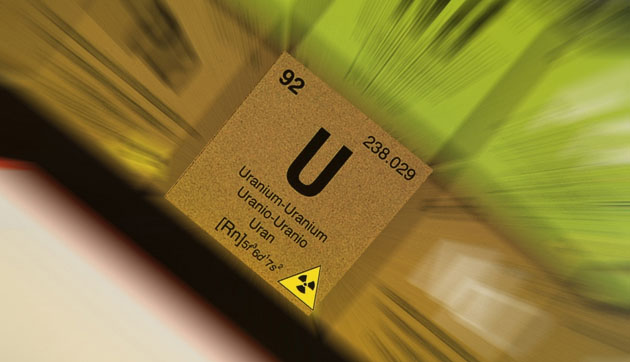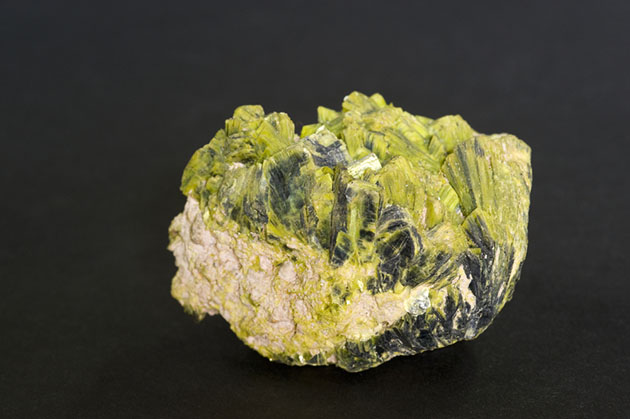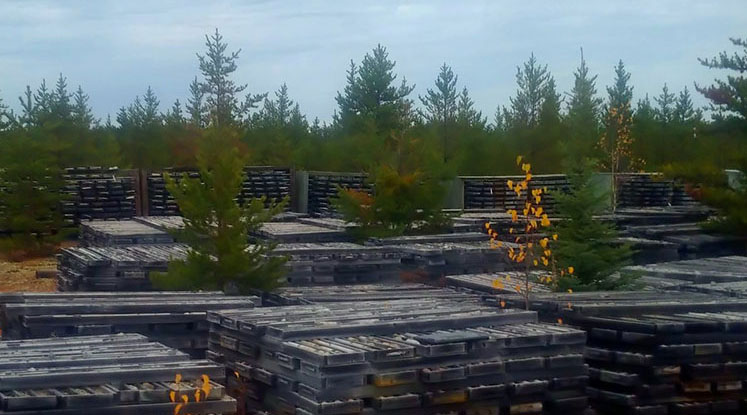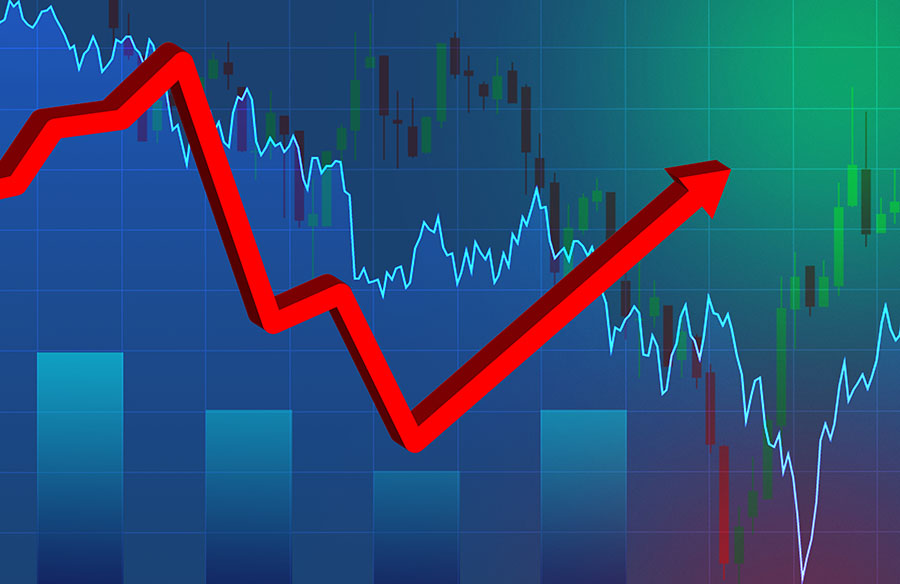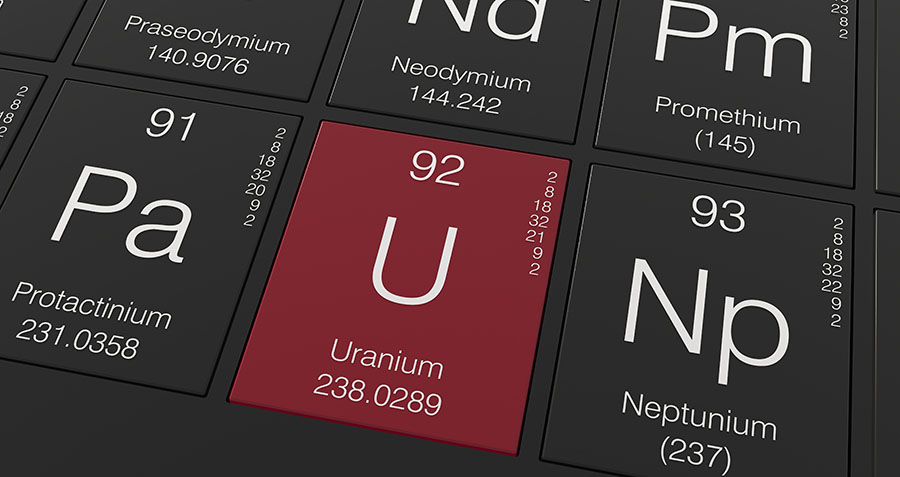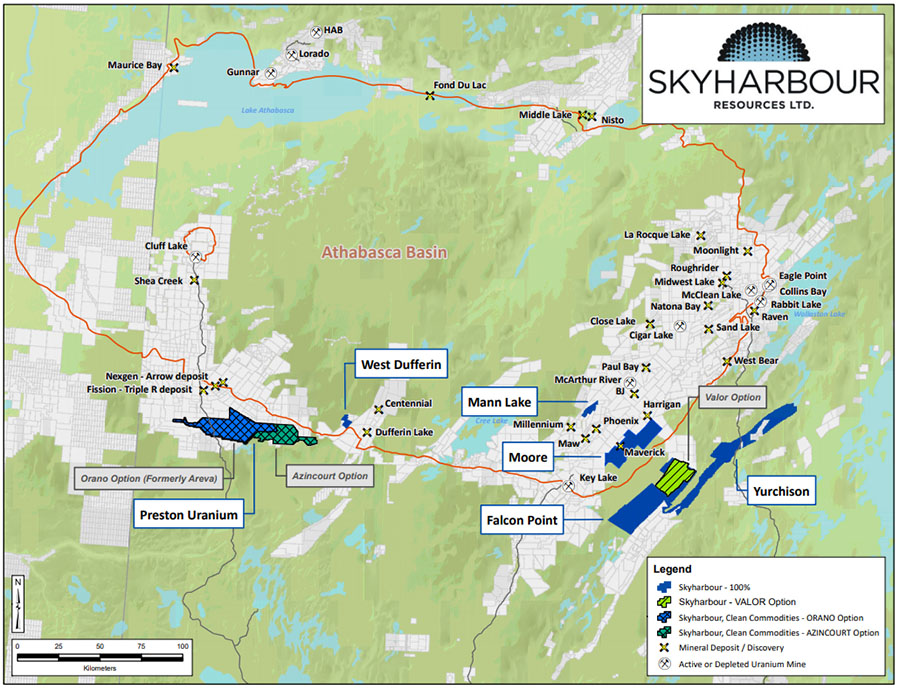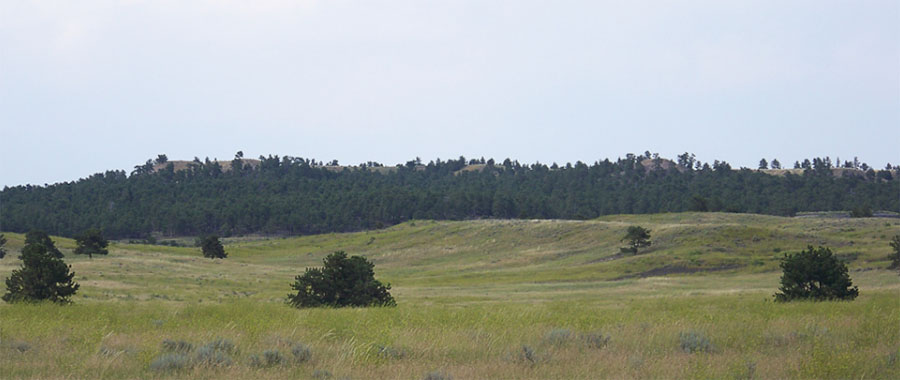Patrick Moore: I believe a sensible environmentalist bases environmental positions squarely on science and logic and does not get caught-up in the pop environmentalism and dogmatic zero-tolerance approach that is too prevalent in the Greenpeace movement today. I had to split with Greenpeace after 15 years in the leadership because I could no longer accept some of the positions of my fellow directors, none of whom had any formal science training. They are more aptly described as political or social activists, which is fine in its own right, but when you are starting to deal with complex issues of chemistry and biology, you do need a little grounding in science in order to make good decisions. You don't need a Ph.D. in physics to be opposed to nuclear war, but you probably do need some science to grapple with issues like genetic engineering and which chemicals should be restricted for which uses.
Greenpeace tended to take a more black-and-white approach to many of these issues, and today they are opposed to all nuclear energy, even though it's a safe and clean alternative to fossil fuels. They are opposed to genetic engineering even though this could help eliminate micronutrient deficiency or malnutrition around the world. They are opposed to sustainable forestry, even though it's the most renewable resource in the world. They are opposed to farming fish in the ocean, which is a way of taking pressure off of wild stocks, which are overfished. They have taken so many positions that I disagreed with that I saw fit to write this book, Confessions of a Greenpeace Dropout, to explain why a sensible environmentalist would not go down the path that Greenpeace has gone down in the last 20 years since I left.
TER: Could you tell me how your journey from Greenpeace activist to sensible environmentalist began? Was there a light-bulb moment, or was it a gradual process that just coalesced one day?
PM: It was a gradual process, but there was a light-bulb moment four years earlier in Nairobi, Kenya at a meeting of international environmentalists to celebrate the 10th anniversary of the 1972 United Nations Environment Program Conference on the environment. In Nairobi, I heard the term "sustainable development" for the first time. It was uttered by Tom Burke, who was head of the Friends of the Earth, U.K. When I heard that term I realized that our long-term mission was much broader than just focusing on the environment alone, that it had to take into account the social and economic priorities that keep our civilization running. You can't just say forget about the seven billion human beings because we are only concerned about the environment, as if the people aren't part of the environment. We need to be able to adopt environmental policies that take into account the social and economic priorities that keep us alive every day. If you forget about the people, then you do come up with all kinds of zero-tolerance positions—even if it means people are going to starve to death or suffer from malnutrition or be in energy poverty their whole lives. I don't think that is the right approach to environmentalism.
I believe in progress and in science and in technology as ways to help us bring about a better harmony with the environment. When I began to understand the concept of sustainability, it knocked some sense into me. It's about balancing social and economic priorities and finding win-win situations. That's what I've spent the last 20-odd years pursuing, and I believe that the environmental policy platform that I've set out in Confessions of a Greenpeace Dropout reflects a much more realistic approach.
TER: A lot of conservative thinkers are probably drawn to you. Do you ever recoil at some of the people that might want to use you as an example?
PM: Yes, I do have to guard against that because personally I'm politically centrist. I am not a hardliner on either the left or the right. I believe that there are solutions on both sides of the political fence. On the left, the regulatory approach is very often essential in order to control what people do so as not to harm others. And on the right, the market-based approach using competition is a way to get the best, most efficient solution to problems. We need to borrow the best from the left and the right when fashioning environmental policy. I don't agree with the extremism on the right, just like I do not agree with policies of the extreme left.
TER: What about climate change?
PM: I am a skeptic on climate change. I know the climate is changing, and it always has been. I've studied this intensively over many years. I started what I call the Carbon Project here in British Columbia back in 1989 in order to bring everybody together to discuss this subject and figure out the facts behind it. Since then, I have watched as hysteria has grown, as if the whole world is going to come to an end and civilization is going to die because of humans causing this climate change. I don't buy that, and I certainly know we don't have any proof of it. I'm not denying that we might be playing some role, but the natural factors that have always caused climate change have not suddenly disappeared. I'm very skeptical of the alarmist nature of climate campaigning.
TER: You describe yourself as a founding member of Greenpeace, but the organization says you are not a founder or co-founder of that organization. Can you square this for us?
PM: Up until about 2007 I was named as a founder of Greenpeace on the Greenpeace International website, and that had been there for a long time. In February 2007, they just simply erased my name from their website. But they recognize other people as being co-founders of the Don't Make a Wave Committee, which was the precursor to Greenpeace, at exactly the same time I started and did not stay in the organization anywhere near as long as I did. I became a senior spokesperson for the organization for many years, a president for a few years, and then one of the six international directors of Greenpeace International. I am a co-founder of Greenpeace by any stretch of the imagination. I've actually written an essay in answer to this question.
TER: You're a proponent of nuclear energy. We all know it is clean energy—until it's not. Could you describe your proposition for nuclear energy for our planet?
PM: I was against nuclear energy when I was with Greenpeace, but I've changed my mind. You'd think from listening to them that I'm calling for resumption of hydrogen bomb testing and the killing of whales. I am not. I still stick to all of the positions we took then, except nuclear energy, because I think we made the mistake of lumping nuclear energy in with nuclear weapons. Our original campaign was against nuclear war, and we painted everything nuclear as evil. Today that makes no sense at all to me. Nuclear medicine is obviously not evil. Those nuclear isotopes used in nuclear medicine are created in nuclear reactors. That's one of the things we can do with nuclear technology. Another one is to make energy that's clean and safe.
"Safe" is a relative thing. People ask about Fukushima and Chernobyl and Three Mile Island. All of those combined are nothing compared to the death toll of other technologies like fossil fuels and even hydroelectric. One hydroelectric accident resulted in 126,000 people dying in China in 1975. Another one just a couple of years ago in Russia killed more people than the nuclear industry has killed in its entire history. So we need perspective. Every year 1.2 million people die in vehicle accidents, but we don't ban vehicles. Nuclear is one of the safest technologies we have, even for workers in the industry. Columbia University did a study published in 2004 of 53,000 nuclear plant workers showing that they have fewer cancers, less disease and live longer than the average American.
The other thing about nuclear power is that fossil fuels are limited, although we do seem to be finding more of them. Long after the fossil fuels are depleted, there will be nuclear energy for thousands of years. That's one of the main reasons we should be working very hard today to perfect the technology and make it even safer than the original reactors built in the 1960s and 1970s. Unless some totally new discovery is made, we know there are only a limited number of things from which you can make energy in this world, and nuclear is the most sustainable. Fusion energy, another form of nuclear power, may become a reality, but I do believe that nuclear is the most important energy source for the continuation of civilization.
TER: What about solar and wind technologies?
PM: I don't believe that solar and wind are going to solve our energy problem. I think they are a bubble, and they are extremely expensive. They are unreliable because they are intermittent in nature and cannot form base-load power for our civilization, which needs 24-hour power to run factories, hospitals, schools, homes and businesses. Countries that have overdone it with wind and solar are finding it very difficult to balance their grids and predict their future energy supply.
TER: What are some of the for-profit companies moving this process into the right direction?
PM: Those electric utilities that have nuclear energy— Southern Company (SO:NYSE) is certainly a leader in this area and also SCANA (SCG:NYSE). These are the two leading developers in the U.S.
TER: What can government do to jumpstart the process?
PM: There is a pressing need to get nuclear energy back on track in the United States. Many other countries, including Russia, China, India, South Korea and France are way ahead now in moving forward with this next generation of nuclear construction. There are over 60 nuclear plants under construction globally, and not one has gotten started in the U.S. yet. There's one being completed or restarted. There are two plants being planned by Georgia Power (a unit of Southern Company) at Plant Vogtle in Waynesboro, Georgia. They've got the preliminaries for the foundation, but they don't have a license to build from the NRC yet. It is yet to be seen whether a new round of nuclear construction can be accommodated by the U.S. regulatory framework.
Also, loan guarantees have not panned out. In Maryland, Constellation Energy Group (CEG:NYSE) pulled out of a plan to build another reactor at its Calvert Cliffs Nuclear Power Plant, but when the terms of the loan guarantee were disclosed, it was going to cost so much to get the loan guarantee that the finances made no sense. So Constellation pulled out of that, and now it's in limbo.
Also, can new construction be accommodated solely with private capital taking all the risk? What we really need is for the government of the United States to decide if it really wants to have nuclear energy come back into the picture. It's got to put forward a better risk-sharing package among the private and public entities involved. Look at France, for example, where the government basically owns the whole nuclear energy industry. It takes all the risks and lets out contracts for companies to do the work. In the United States, if the government takes any risk it's suddenly called a subsidy.
TER: Where is innovation coming from now? Are there small companies where investors might get some leverage?
PM: I'm not a financial advisor or analyst to any extent, but I would say that what Bill Gates is doing with small reactor technology is very interesting with his investment in a startup called TerraPower, but that's fairly far out and it's research and development-level stuff.
TER: Are you hopeful about the future of humankind?
PM: I am very hopeful for the future of humankind. We are obviously a very intelligent species. We make mistakes, and we learn from them. I believe that the key to wealth creation and population management is mechanization of agriculture. All you have to do is look at the industrialized countries where today less than 5% of the population is engaged in producing food, leaving 95% of the population to do other things like making stuff and providing services. This is what creates a wealthy and modern society, whereas in subsistence agricultural societies, up to 80% or more of the population is involved in growing food. They are living on subsistence income with generally very little education, where large families are desirable under those conditions because labor is an asset. When you mechanize agriculture, farmers have better access to education, and they have fewer children, bringing the population down and in turn further improving access to education for women, who can then become educated and empowered. That is my vision for the future, of how this world is going to become wealthier and smarter and where population is going to stop growing unchecked.
TER: I want to thank you for taking this time with us today.
PM: Likewise. Thank you very much for such a nice interview.
Patrick Moore, Ph.D. has been a leader in the international environmental field for more than 30 years. He is a founding member of Greenpeace and served for nine years as president of Greenpeace Canada and seven years as a director of Greenpeace International. As the leader of many campaigns he was a driving force shaping policy and direction while Greenpeace became the world's largest environmental activist organization. In recent years Patrick has been focused on the promotion of sustainability and consensus building among competing concerns. He was a member of British Columbia government-appointed Round Table on the Environment and Economy from 1990–1994. In 1990 he founded and chaired the BC Carbon Project, a group that worked to develop a common understanding of climate change. Patrick also served for four years as vice president, Environment for WaterFurnace International, Inc., the world's largest manufacturer of geothermal heat pumps for residential heating and cooling with renewable earth energy.
As Chair of the Sustainable Forestry Committee of the Forest Alliance of BC, he leads the process of developing the "Principles of Sustainable Forestry," which have been adopted by a majority of the industry. In 1991 he founded Greenspirit, a consultancy focusing on environmental policy and communications in natural resources, biodiversity, energy and climate change.
In 2000 Patrick published Green Spirit: Trees are the Answer, a photo-book that provides a new insight into how forests work and how they can play a powerful role in solving many of our current environmental problems.
Want to read more exclusive Energy Report interviews like this? Sign up for our free e-newsletter, and you'll learn when new articles have been published. To see a list of recent interviews with industry analysts and commentators, visit our Exclusive Interviews page.
DISCLOSURE:
1) George Mack of The Energy Report conducted this interview. He personally and/or his family own shares of the following companies mentioned in this interview: None.
2) The following companies mentioned in the interview are sponsors of The Energy Report: None.
3) Patrick Moore: I personally and/or my family own shares of the following companies mentioned in this interview: None. I personally and/or my family am paid by the following companies mentioned in this interview: Clean and Safe Energy Coalition, which is supported by the nuclear energy industry.




